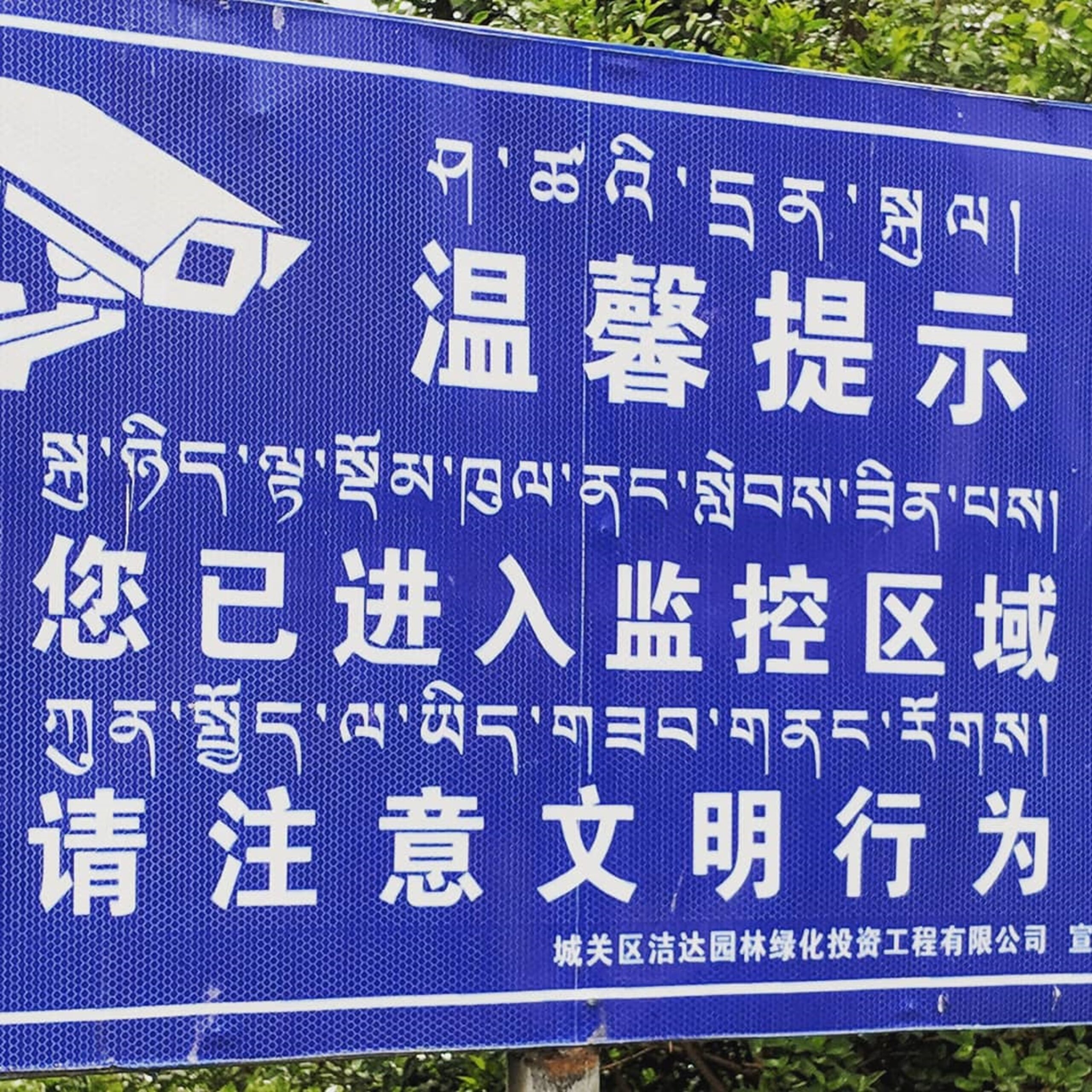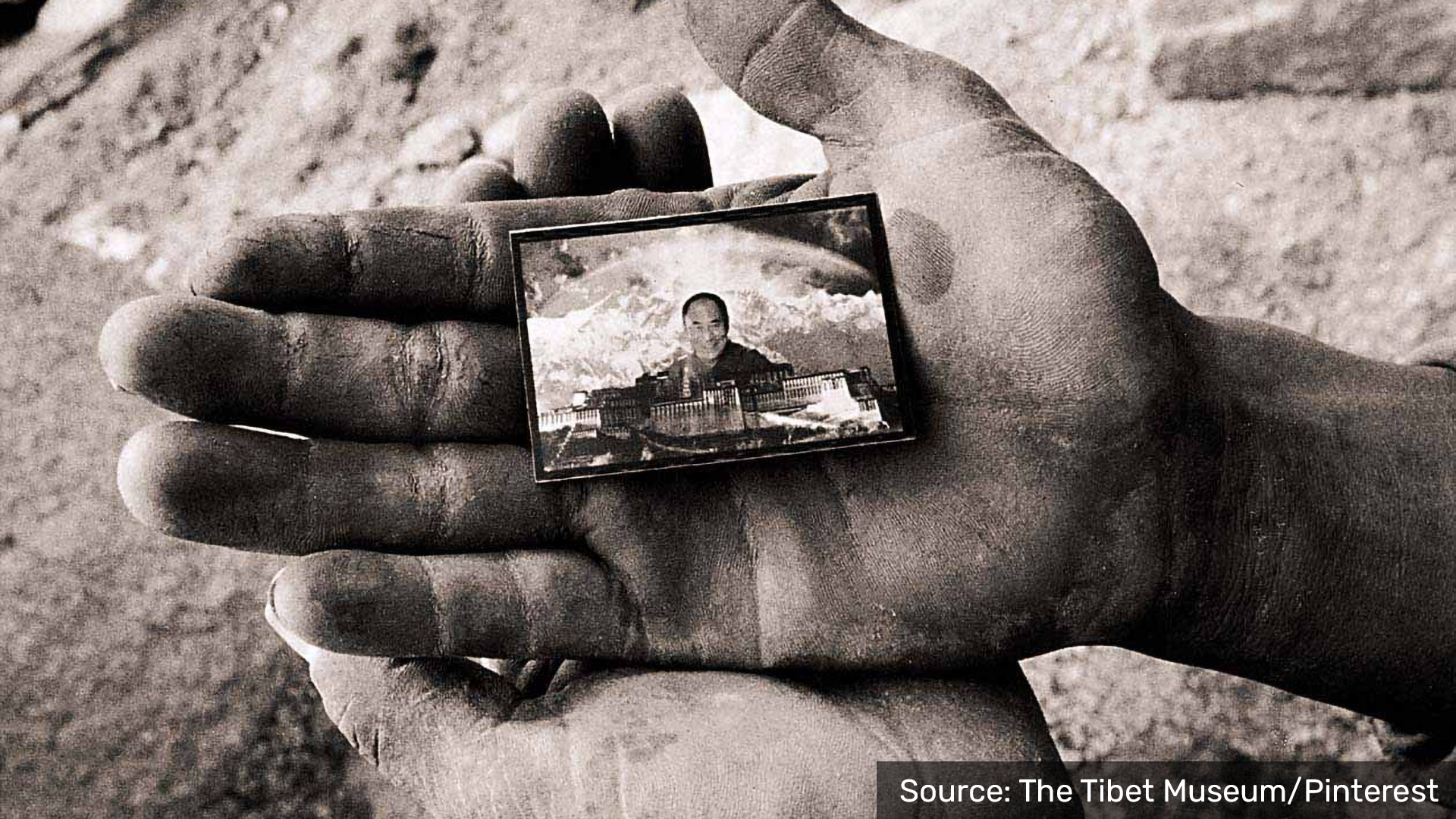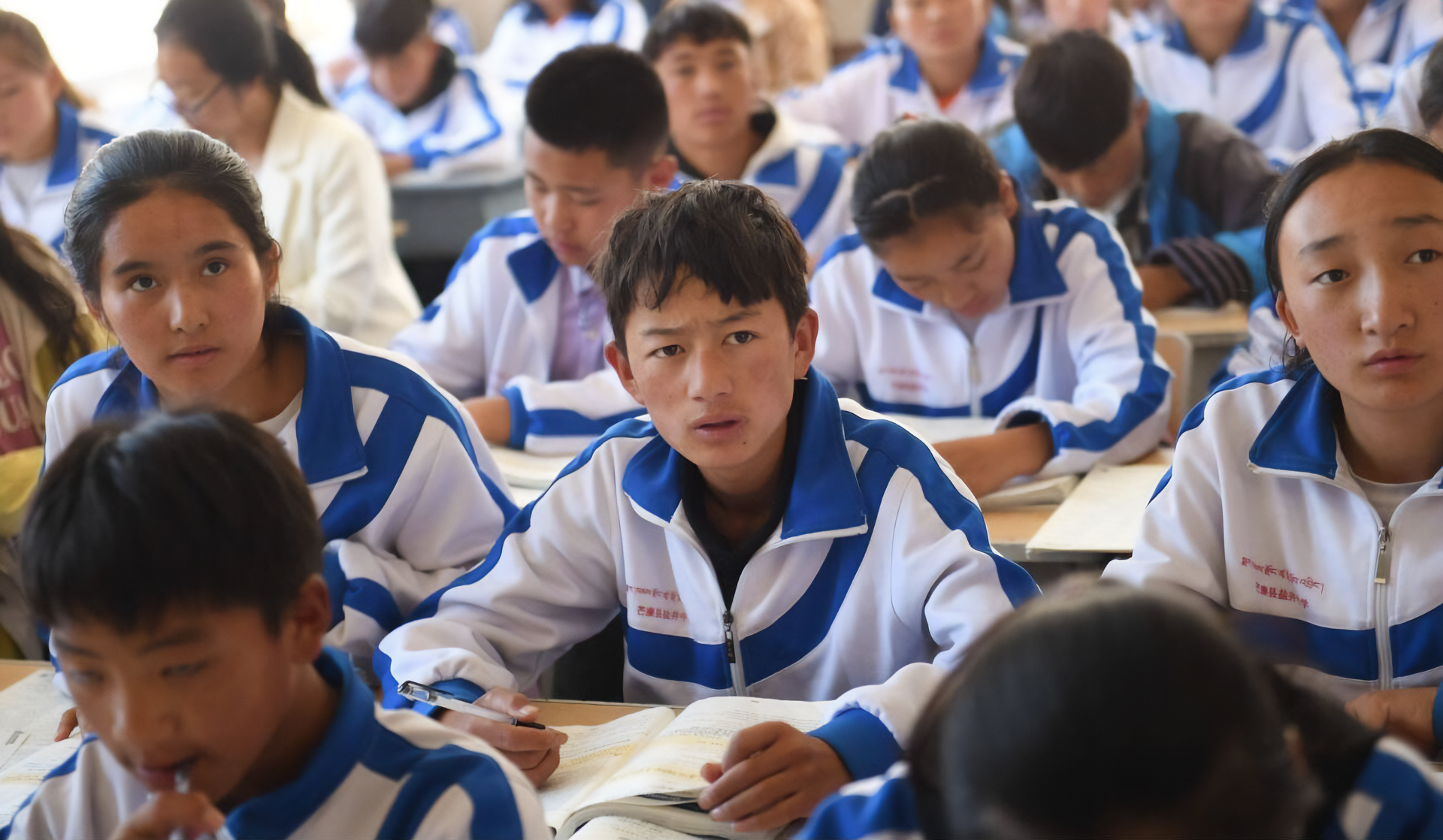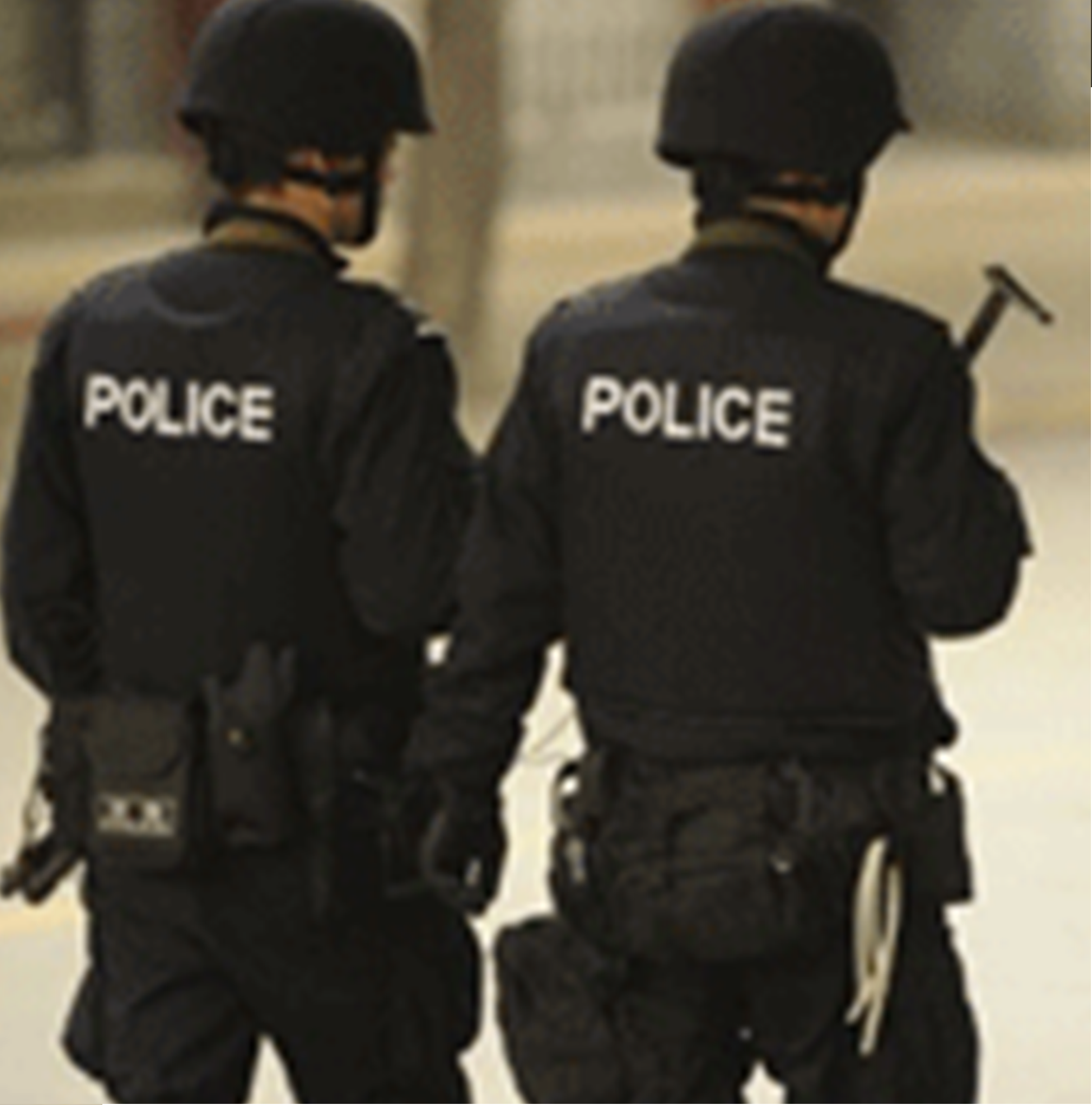
“There is no space to use the Tibetan language”: a refugee’s account
A Tibetan refugee shares how Chinese authorities have been shutting down Tibetan language schools.


An eight-year-old refugee recounts her escape from occupied Tibet.
Earlier this year in spring, Tibet Watch conducted a series of interviews (I, II, III, IV) with a group of newly arrived Tibetan refugees in Dharamsala, northern India who escaped from occupied Tibet.
This interview was conducted on 20 September and is the fifth in the series. The refugee is an eight-year-old refugee girl from Ngari in western Tibet, from where news rarely emerges compared to Tibetan areas in the east. She shared her parents’ discontent over her sister speaking in Chinese after returning from school, and of Chinese soldiers putting up flags in her home where a photo of His Holiness the Dalai Lama remained hidden in a box.
The following account is in her own words. We have kept her identity anonymous and omitted a few geographical details for security.
My parents can read and write Tibetan. I have not been to school. My grandfather taught me to read, therefore I can read Tibetan. We are semi-nomads. We moved from our summer pasture to winter pasture with the changing seasons and lived in our black tents. We carried our belongings on the back of yaks and we rode horses.
Our family live in a black tent. In the tent, we have a stove, clothes and food. We also have a small altar in our tent. In summer, we move to summer place and move back to winter place during winter time. Our summer place is just near the winter place. It is not far away. We have many yaks and horses but we don’t have sheep.
Our usual diets include rice, potato, butter, milk, curd, buttermilk and tsampa. But my favourite food is zenkong [ཟན་གོང་།,barley purée]. It is very delicious! Actually, we are non-vegetarian. But we can’t slaughter our yaks as we follow our lama’s [local religious leader] advice.
My father has a goods carrier. He transports goods of villagers and from XX Monastery, which is near our town. My mother always stays at home, and is busy doing household chores: making food for us, washing our clothes, cleaning the house and collecting firewood and so on.
My elder sister is a student at XX town school. There are many students. Most of my friends go to school. When they return from school, they talk in Chinese at home. When my elder sister spoke Chinese, my mother and father used to say that she was behaving like Chinese children and would scold her.
My mother and sister wear chupa and boots. I don’t wear chupa.
My grandfather mostly looked after our yaks in the mountains and sometimes I went with him.
We have a TV at home. Sometimes in the evening, we watch cartoons, Chinese dramas, Journey to the West and The Legend of Crazy Monk. I like to watch cartoons.
We have had a small box at home where we put a small photo of Lama [The Dalai Lama] in it. So whenever Chinese officials come to our home, we hide the box. “If you hide the photo of Lama in the box, Chinese officials won’t see it”, my grandfather told me.
When I was at home, around seven Chinese soldiers came to our home several times. They talked to my father. Whenever the soldiers came, they put many red flags around our home. “The red flags cannot be removed”, said my father.
My home is located just near XX Monastery. There are many monks in the monastery. I went there with my grandfather. My father transports goods to that monastery. We used to do evening prayer there.
My father came with me up to the Tibet-Nepal border. On the way to the border, we walked quickly and sometimes got in cars, because my father said: “The Chinese would catch us if we slow down”.
Having reached Dharamsala, the interviewee was granted audience with the Dalai Lama, who himself escaped Tibet in 1959 and has been living in exile ever since. Seeing him for the first time in her life, she said:
When I saw Lama at his residence in Dharamsala, all of my friends were crying. I have never seen Lama before. But when I saw him, I felt very sad and I also cried. He gave some chocolates to me and asked me “Where are you from?… Do study well!”
I don’t miss home and don’t miss my mother either. But my homeland is better than here in India.

A Tibetan refugee shares how Chinese authorities have been shutting down Tibetan language schools.

After escaping to India, a Tibetan refugee shares their experiences as a student within China's colonial boarding school system.

A refugee's account of the challenges of daily life in Tibet, from checkpoints to careers.
